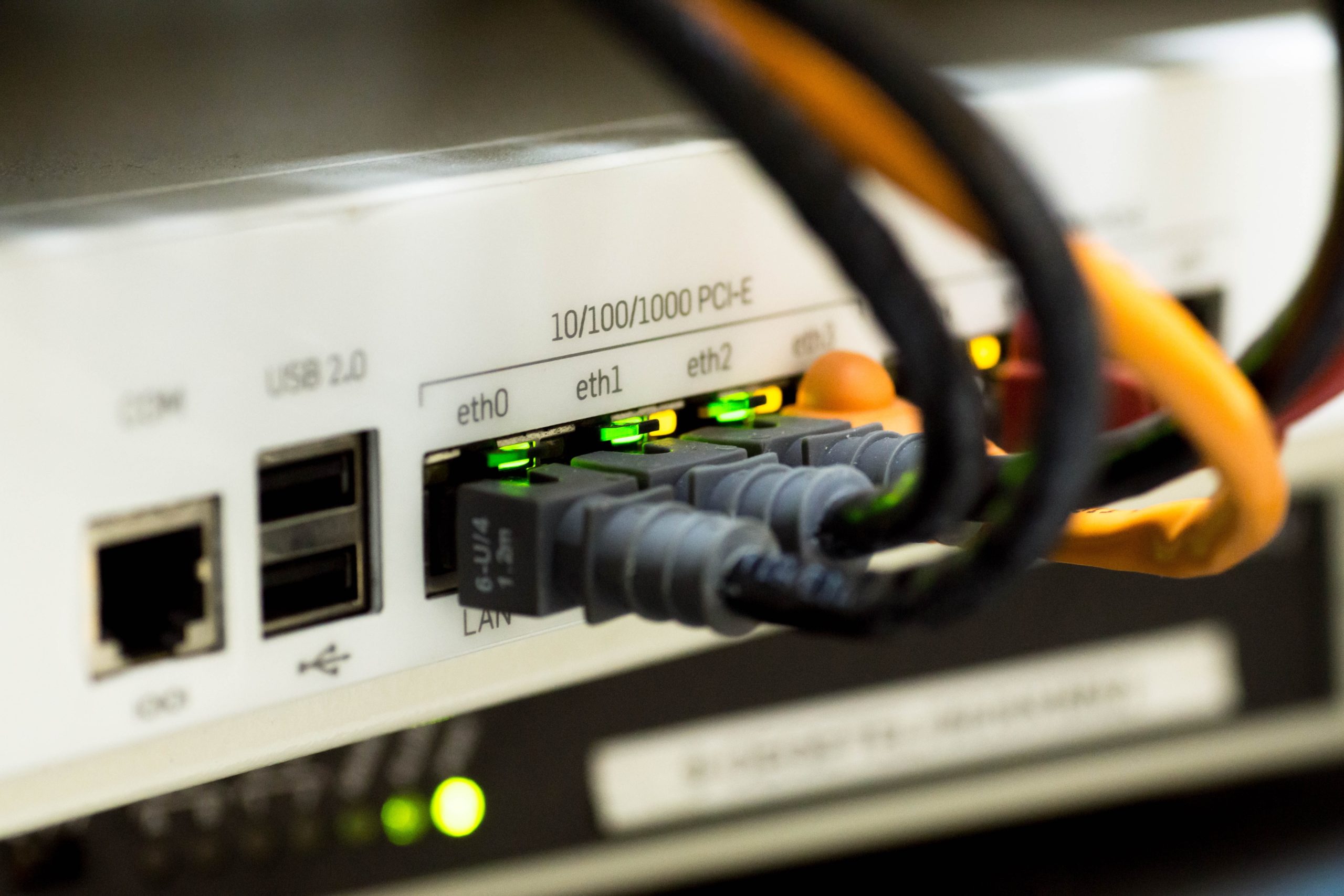2/28/2022
Since Wednesday evening’s invasion of Ukraine by Russian troops, many Ukrainian citizens have been unable to access the internet. This is according to NetBlocks, a digital advocacy group that tracks internet connectivity around the world. In multiple tweets over the course of this week, NetBlocks has reported significant outages in Kyiv, Kharkiv, and Kherson, among many other cities.
It is unsurprising that internet outages are now associated with nearly every major conflict that occurs in the world today. With the proliferation of social media usage and widespread news coverage across the globe, accessing the internet allows users to communicate with others and tap into a vault of online information. On top of making it difficult for citizens to access information that will impact their safety, attacks on internet infrastructure also inhibit the work of journalists and human rights defenders to funnel information in and out of regions where conflict occurs. The internet enables people to share exactly what is happening when it is happening, which becomes especially important when many conflicts involve the spread of misinformation and propaganda. Controlling the internet, or even completely shutting it down, allows authorities to maintain power and silence dissent. While Russia is not able to completely shut off Ukraine’s internet access, there are still many ways in which internet access can be disrupted, such as blowing up power grids and attacking cell towers.
As the conflict in Ukraine continues, many groups have expressed concerns that current outages may worsen into a full-scale blackout. This would require the use of cyberweapons to disable Ukraine’s telecommunications infrastructure. According to many experts, an attack of this scale would silence Ukrainians indefinitely. Thankfully, the country has more than 2,000 internet service providers that would need to be blocked for a full shutdown, which would be a very cumbersome process.
The Internet is a powerful tool that can no longer be separated from modern conflicts. Its role in dispensing and supplying information from areas of conflict allows for accurate news reporting and keeps people aware of how to stay safe. Internet access has increasingly been regarded as a human right, and justifiably so. Without it, people are left vulnerable and subject to control by authoritarian governments, as we are seeing right now.

